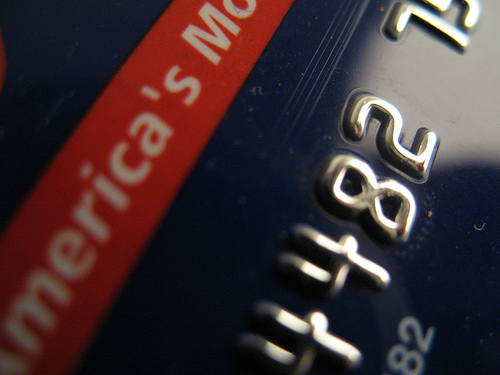As the US economy still labors under a sluggish recovery, countless small business owners across the nation have experienced a sharp decline in their business credit scores. Chalk this up to a combination of poor sales and a growing pool of cash-strapped customers struggling to fulfill their financial obligations.
Fortunately, there are several steps business owners can take to remove, or at least minimize, the debilitating effects the economic turmoil has had on their credit. Business owners should keep in mind, however, that cleaning up a credit report takes time and work. There are no quick fixes to rebuilding good credit.
That said, here are several steps small business owners can take to clean up their credit record:
- Separate your business credit profile from your personal credit. If you haven’t already done so, make sure your business has its own credit rating and history. Many business owners are unaware of this option, especially if they are running a sole proprietorship, and they finance their businesses with their own credit and assets. This can be a costly mistake, since your personal credit profile will then directly effect your business credit, and visa versa.
- Make it a priority to pay all your bills on time. Making payments in a timely manner will have a significant impact on your credit score. While old negative credit entries can blemish your credit score, grater weight is generally placed on more recent financial activity. After seven years most of those detrimental entries will be deleted from your credit history.
- Make use of a small amount of your credit. One factor that significantly affects a credit score is the debt-to-available credit ratio. Most money managers and financial experts recommend staying below 30% or a maximum 50% of your credit limit.
- Make an effort to pay off as much debt as possible. Don’t hold back on paying your old, outstanding debts, including business and student loans. Widening the gap between your debt and your available credit shows that you are handling your obligations responsibly.
- Don’t be tempted to close too many credit card accounts. In an effort to clean up their credit, many make the mistake of immediately closing all their credit accounts after paying them off. But this practice may actually end up hurting your credit record because your debt-to-credit ratio will be affected. It is thus advisable to be deliberate in deciding which accounts to close and which ones to leave open.
- Seek out transactions that will improve your credit score. Specifically seek out those arrangements that will rebuild your business’ credit history and reputation. You can find out which businesses report to the major credit agencies D&B, Experian, Equifax and TransUnion, and make it a point to do business with them and to keep your payments on time. The credit reporting agencies, Ex themselves also a number or credit-building services for a fee.
- Try to negotiate a lower interest rate on your credit cards. The interest rate you are paying on credit accounts determines the size of your debt and how much you owe when you carry a balance on your credit card. It pays to look into the interest rate on your credit card and to “shop around” in order to get the best deal possible. If you decide to stay with your current credit card company, try to negotiate a better deal for yourself.
- Re-evaluate your spending habits. This seemingly innocuous tip is the most important of all: If you really want to clean up your act, change your spending habits. For small businesses, this generally translates into better cash flow management: effective debt collection, monitoring payables and receivables, and good inventory management.

